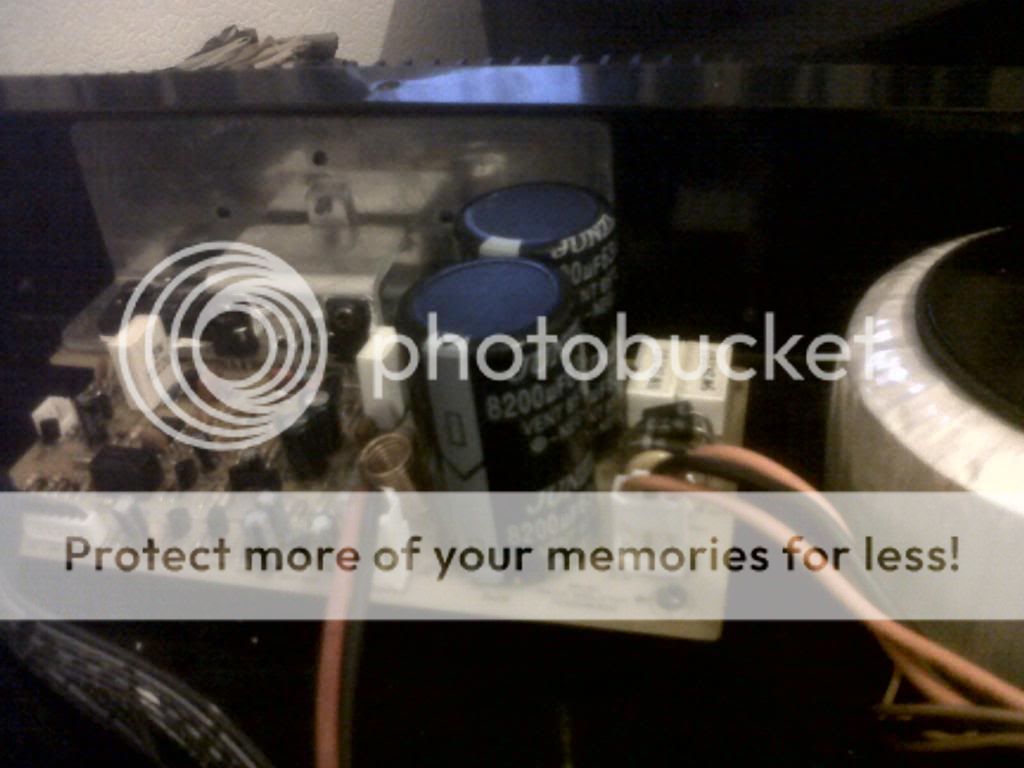I purchased this amp about 3 years ago, http://www.gear4music.com/Guitar-and-Bass/DISC-White-Horse-BP150-Bass-Guitar-Amplifier/8J5
It's never been gigged with in fact its had very little use at all apart from using it with headphones.
Recently I moved home and to my surprise the Amp doesn't work anymore
I switched it on only to hear a loud hum type noise through the speaker.
I tried playing my cd player into the aux in, but there's no sound at all apart from the hum. I removed the amp from the cabinet and tried it through my headphones and all i hear is the hum. no adjustment is possible.
Very strange because I'd used it maybe a month or so back and all I've done is move home.
Anyone any ideas ?
It's never been gigged with in fact its had very little use at all apart from using it with headphones.
Recently I moved home and to my surprise the Amp doesn't work anymore
I switched it on only to hear a loud hum type noise through the speaker.
I tried playing my cd player into the aux in, but there's no sound at all apart from the hum. I removed the amp from the cabinet and tried it through my headphones and all i hear is the hum. no adjustment is possible.
Very strange because I'd used it maybe a month or so back and all I've done is move home.
Anyone any ideas ?





